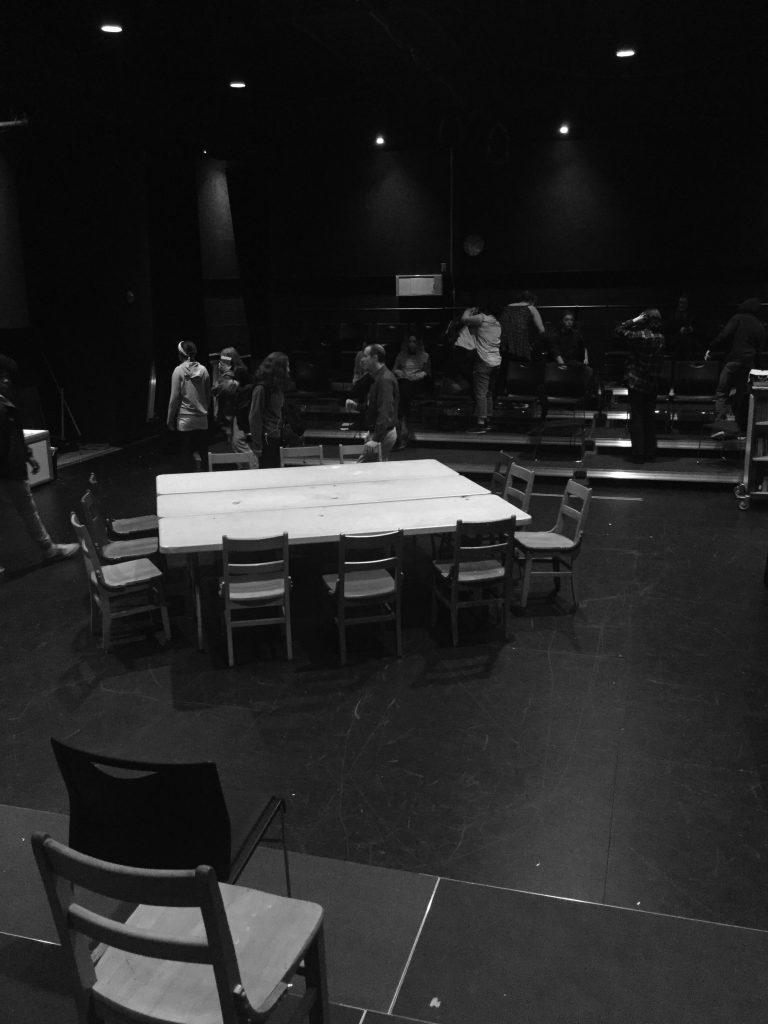
A new performance opportunity, the Franklin Story Slam, is presenting itself this year at Franklin, giving students a chance to share their stories and build a stronger community. On December 7, several selected students will tell true stories about themselves relating to this year’s theme: “trouble.” Everyone is welcome to participate in workshops taking place before the slam to receive help from Sunny Childs, Franklin’s media specialist, and Josh Forsythe, Franklin’s drama teacher and story coach. Of the students participating in the workshops, several will be selected to perform in the slam and given the chance to win prizes and glory.
The storytelling slam originated in New York through an organization called The Moth and is now presenting itself at Franklin this December. The Moth has been practicing the art of storytelling as a powerful form of communication since 1999. Their website details their mission: “We believe that by honoring the individual experience, we can: challenge dominant narratives, inspire greater confidence in storytellers, deepen connection in community, and spark empathy among listeners around the world.”
The idea behind participating in the Slam is sharing the impact the story had on the storyteller and how that inspires compassion. “A lot of times the story is about change,” Forsythe shares. “It’s us describing the change that we went through, and in the most powerful sense, stories that really demonstrate that changes are what we relate to.” Much of the authenticity of these stories comes from the lack of memorization— it’s all off the top of their heads! Both the Story Slam and Franklin’s Poetry Slam are excellent opportunities to give students a voice.
Storytelling has been a crucial tool of sharing information and experience since language was established; passing down stories from one generation to the next was the main tool of communication in preliterate society. Seth Estrada (11) participated in the past story workshops at Franklin and placed in the last school year’s Poetry Slam. He shares his understanding of storytelling: “It was just a form of community, and I think it’s something that unites every one of us together.” Public storytelling benefits both the storyteller and the audience, creating a stronger community equipped with compassion and understanding, as well as the satisfaction of feeling heard. Childs says,“one of the reasons I’m a teacher is that I want kids to recognize their own stories, and that their voices are important and that their perspectives are important.” The Story Slam is coming to Franklin this December; come to hear true stories from students in your community!
































